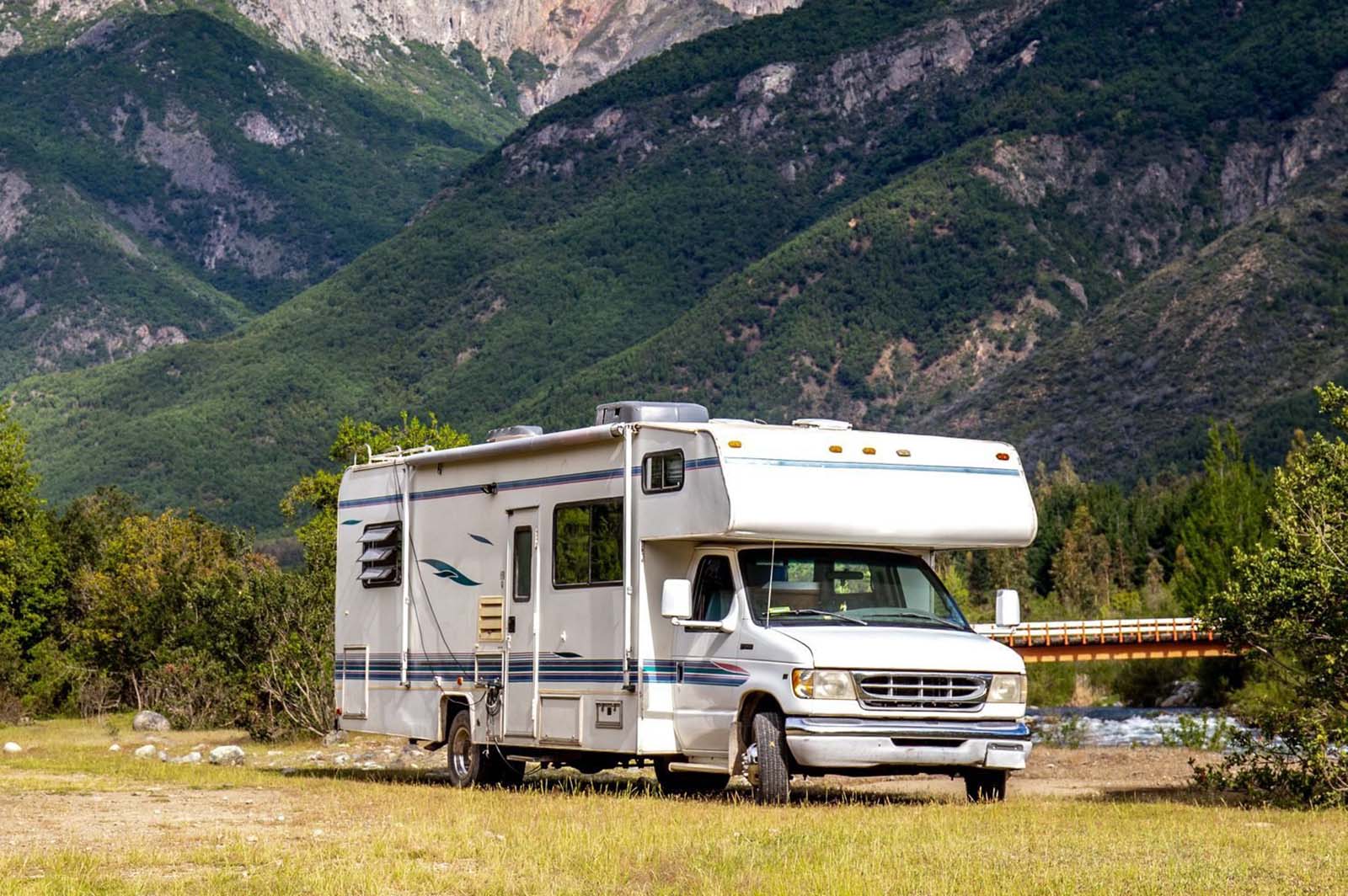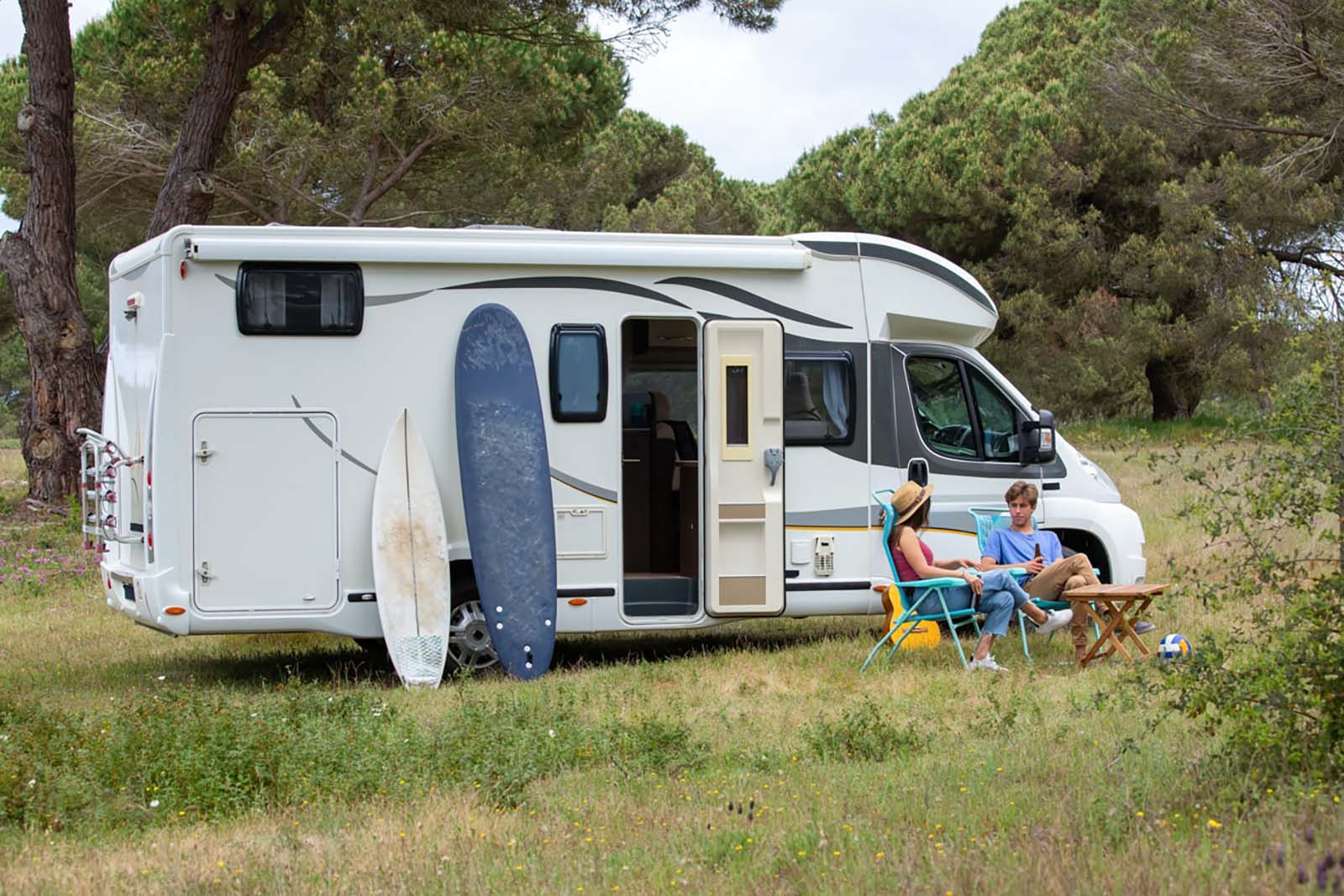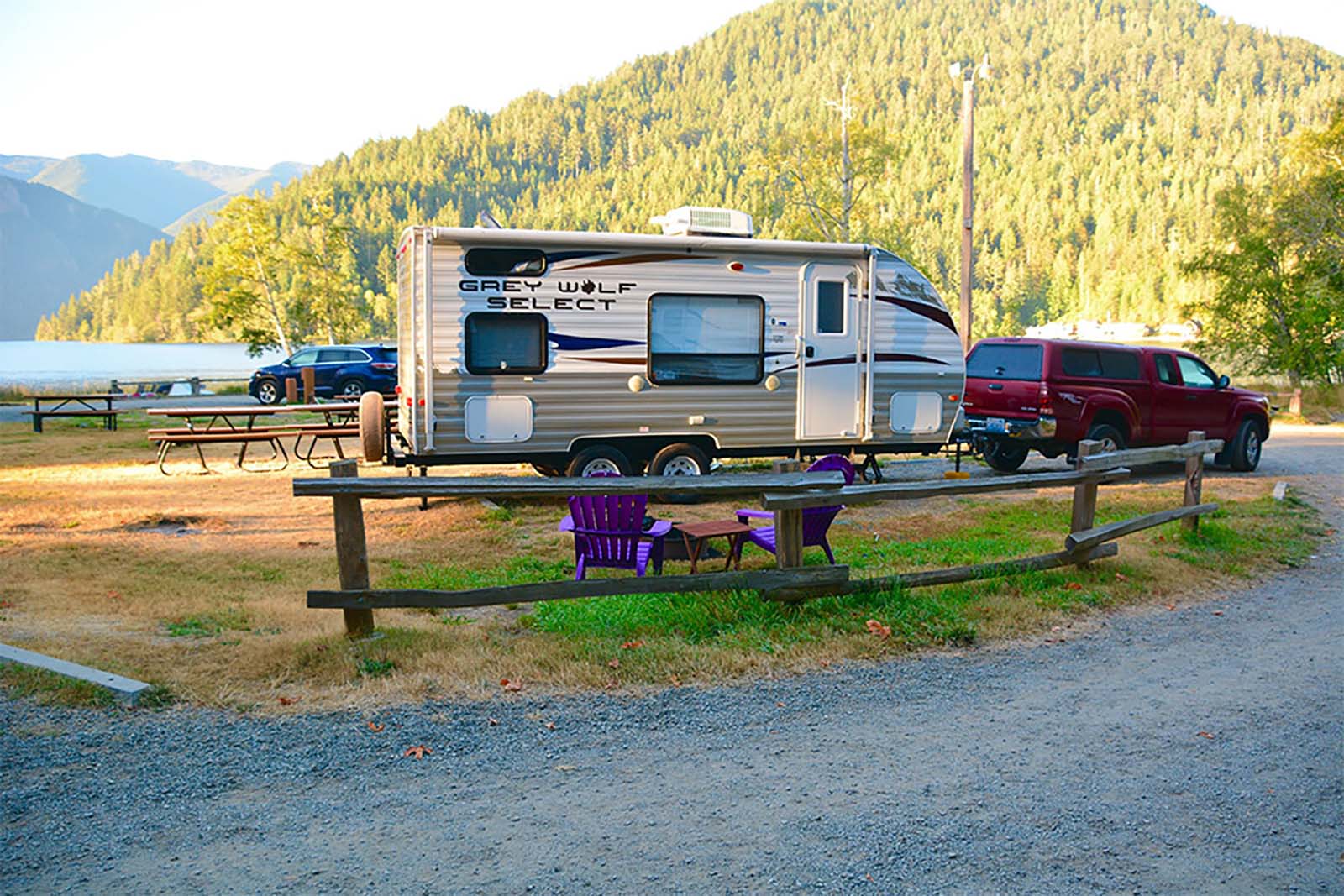Title: The Best Battery Types for RVs: A Comprehensive Guide

Introduction: When it comes to choosing the best battery for your RV, several factors need to be considered. The right battery can provide reliable and long-lasting power for your recreational vehicle, ensuring a smooth and enjoyable journey. In this article, we will explore the top battery options for RVs, focusing on their features, benefits, and considerations.
1. Lithium-Ion Batteries: – Features: Lithium-Ion batteries offer higher energy density, longer lifespan, and faster charging capabilities. – Benefits: They are lightweight, maintenance-free, and have a superior deep-discharge recovery. – Considerations: Lithium-Ion batteries can be more expensive upfront, but their longer lifespan and reduced maintenance costs make them a worthwhile investment for frequent RV travelers.
2. Flooded Lead-Acid Batteries: – Features: Flooded Lead-Acid batteries are the most common battery type for RVs and have been used for decades. – Benefits: They are relatively affordable, readily available, and can handle deep discharges. – Considerations: These batteries require regular maintenance, including checking water levels and venting fumes. Additionally, they are heavy and have a shorter lifespan compared to Lithium-Ion batteries.

3. Sealed Absorbed Glass Mat (AGM) Batteries: – Features: AGM batteries are sealed, maintenance-free, and spill-proof. – Benefits: They have a longer lifespan than Flooded Lead-Acid batteries, can handle deep discharges, and offer better vibration resistance. – Considerations: AGM batteries are more expensive than Flooded Lead-Acid batteries, and like them, they are quite heavy.
4. Gel Batteries: – Features: Gel batteries use a gel electrolyte instead of a liquid, making them spill-proof and resistant to vibrations. – Benefits: They are maintenance-free, provide excellent deep-cycle performance, and can handle high temperatures. – Considerations: Gel batteries are relatively expensive, have a longer charging time, and should not be overcharged, as it can damage their performance.
5. Lithium-Iron Phosphate (LiFePO4) Batteries: – Features: LiFePO4 batteries are a specific type of Lithium-Ion battery designed for safety and longevity. – Benefits: They provide a longer lifespan and offer better safety features, including resistance to thermal runaway and improved heat tolerance. – Considerations: LiFePO4 batteries are the most expensive option on the market, and their initial cost may deter some RV owners. However, their longevity and performance make them a preferred choice for those seeking a reliable and safe power source.

Conclusion: Selecting the best battery for your RV depends on your specific needs and budget. Lithium-Ion batteries, such as Lithium-Ion and LiFePO4, offer superior features and benefits but come with a higher upfront cost. Flooded Lead-Acid batteries remain a popular choice due to their affordability, while AGM and Gel batteries strike a middle ground between performance and cost. Assessing your power requirements, budget, and desired lifespan can help you determine the optimal battery type for your RV, ensuring a hassle-free and enjoyable adventure.

